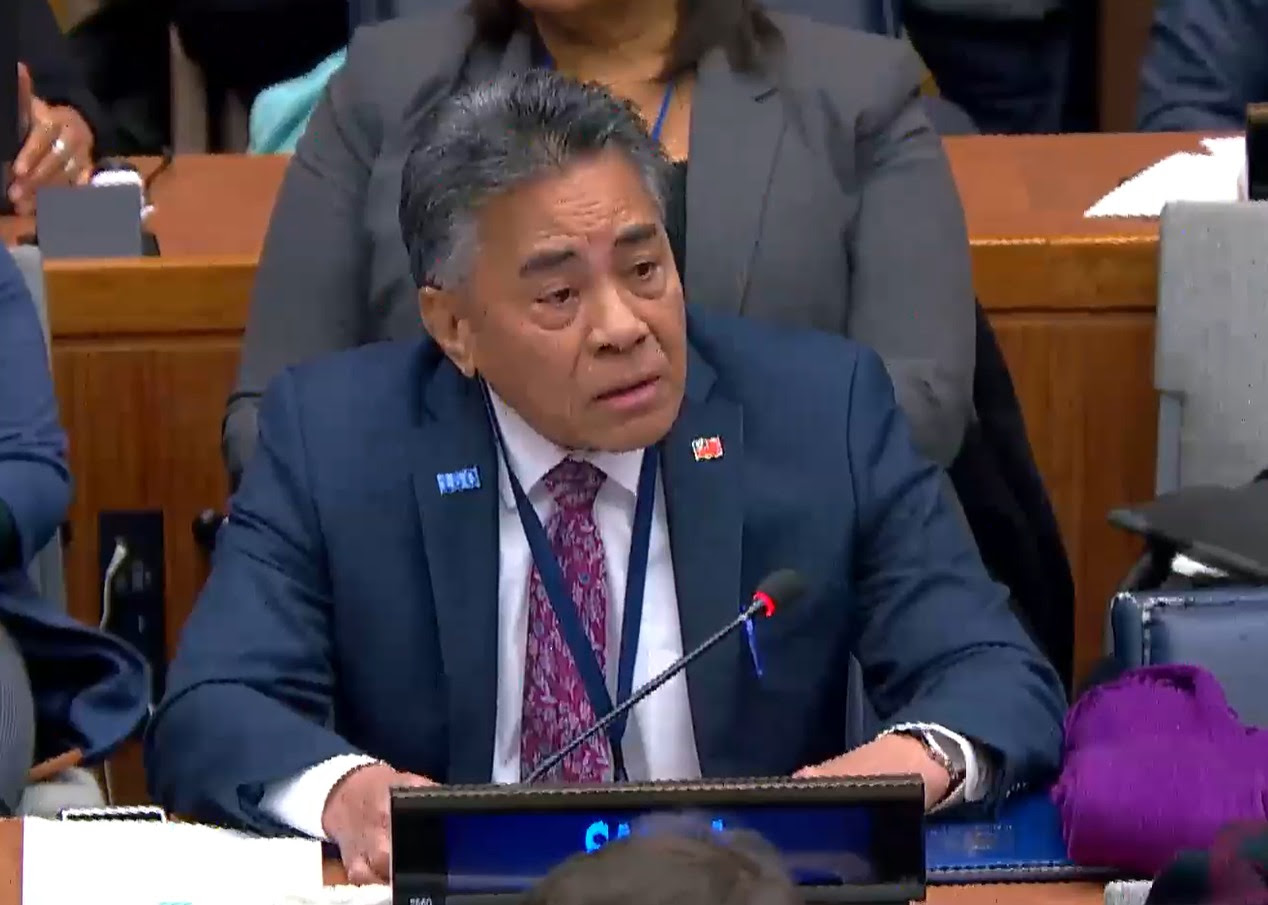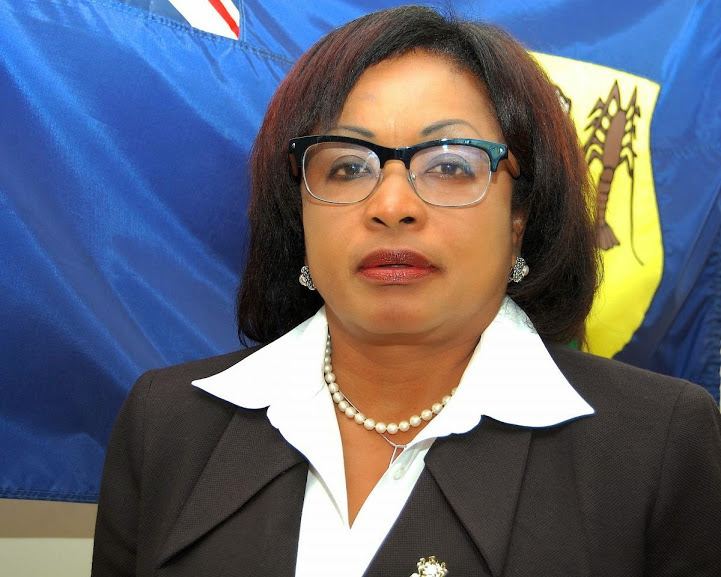Scientists from The University of the West Indies Mona Campus will be among the first in the world to explore the impacts that solar radiation management (SRM) geoengineering might have on the world’s most vulnerable countries.
SRM geoengineering is a highly controversial proposal for reducing the risks of climate change by reflecting some sunlight away from the Earth. It has the potential to be helpful or harmful in the fight against climate change, and the new research programme will seek to understand how it could affect the Caribbean. The project is one of eight grants awarded by the new DECIMALS Fund (Developing World Impacts Modelling Analysis for SRM),
SRM would involve blocking out a small amount of sunlight to cool the Earth – for instance, by spraying reflective particles into the upper atmosphere. If it could be made to work safely and reliably, it would be the only known approach that could quickly stop global temperatures from rising. Therefore, it might offer a way to reduce some of the risks from climate change the world is likely to face while it seeks to rapidly cut emissions of greenhouse gases. However, there are still large uncertainties around the possible benefits and drawbacks of SRM, and it could add to the risks of global warming or provoke international tensions.
While SRM may represent a possible pathway to the 1.5oC target, there has been little to no analysis of the potential effects on the Caribbean region; where lifestyle and livelihoods are strongly linked to climate. Given that it was the Caribbean and other Small Island Developing States (SIDS) that were the major proponents of a 1.5oC world, the study aim is to assist the region in formulating its stance on whether geoengineering might be a means of achieving this goal, and what the consequences would be. The information which will be generated by the study will be important to inform regional mitigation and adaptation planning for a more sustainable society.
Dr. Leonardo Clarke, the principal investigator for the project, said “Small island developing states pushed hard for international agreement to limit warming to 1.5°C and now some suggest that SRM might be needed to make this target. Our project will shed some light on how this could affect the Caribbean”.
Professor Michael Taylor, one of the project scientists, added “The idea of SRM geoengineering is worrying and I am concerned by the possible climate impacts it might have on the Caribbean. It is therefore very important to understand whether SRM would reduce or increase climate risks.”
Developing countries have an especially high stake in discussions about SRM. They are often less resilient to environmental change and more vulnerable to the impacts of global warming, which means they stand to gain or lose the most whether SRM is ultimately used or rejected. However, most of the research and discussion of SRM has taken place in developed countries. Through the DECIMALS grant, the research group from The UWI Mona will work alongside teams in Argentina, Bangladesh, Benin, Indonesia, Iran, Ivory Coast and South Africa and with some of the world’s leading SRM modelling experts, ultimately publishing their findings at the end of 2020. DECIMALS was set up by the Solar Radiation Management Governance Initiative, or SRMGI, a non-governmental project that was founded in 2010 by Environmental Defense Fund, The World Academy of Sciences (TWAS), and the Royal Society.
Andy Parker, the project director of SRMGI, commented “I’m proud that the DECIMALS Fund is able to support Dr. Clarke and his team as they explore how SRM could affect the Caribbean. As the first ever SRM research project conducted in Jamaica, this ground-breaking project will teach us more about how precipitation, temperature and extreme events could be affected by sun-dimming and will start a wider conversation about SRM research and its governance in the Caribbean”.





Anyone who believes this garbage is an idiot! It’s going to poison people putting metals in the air. Chemtrailing has already been going on for years but you were a conspiracy theorist if you brought it up. Now they are going to do it right in our faces and tell us it’s for our benifit.